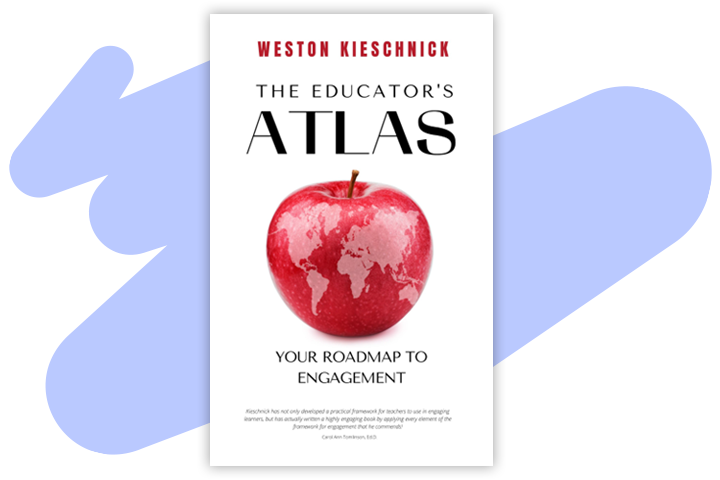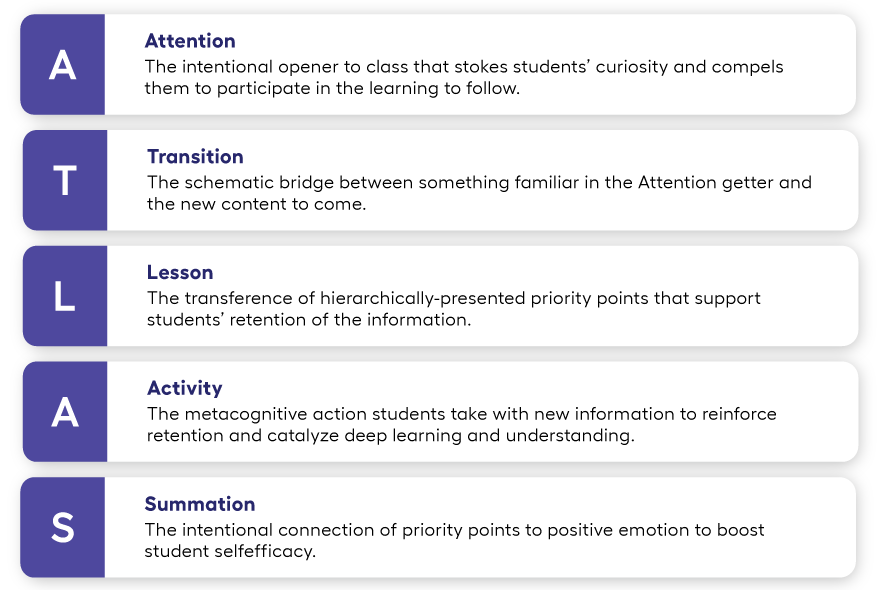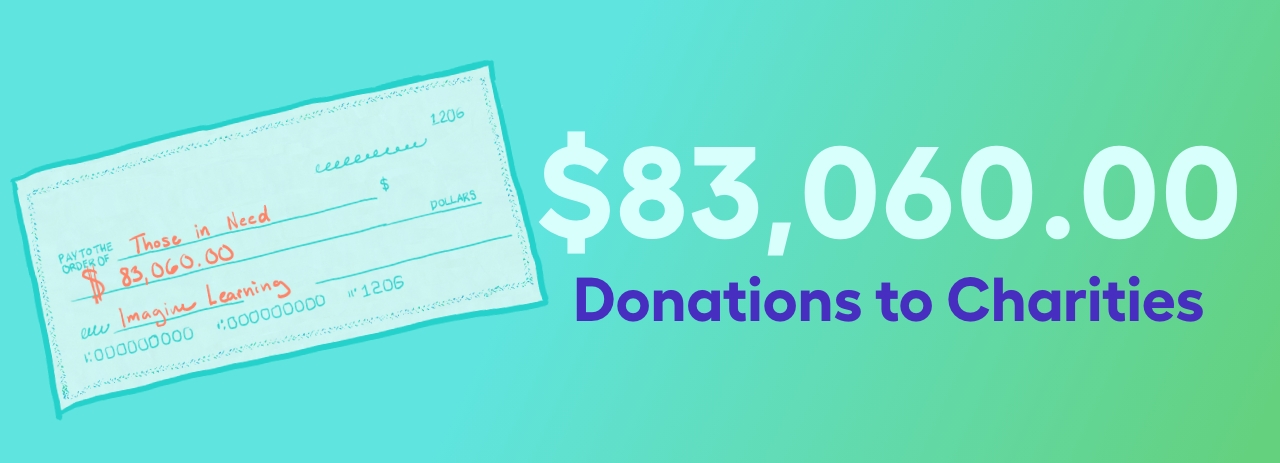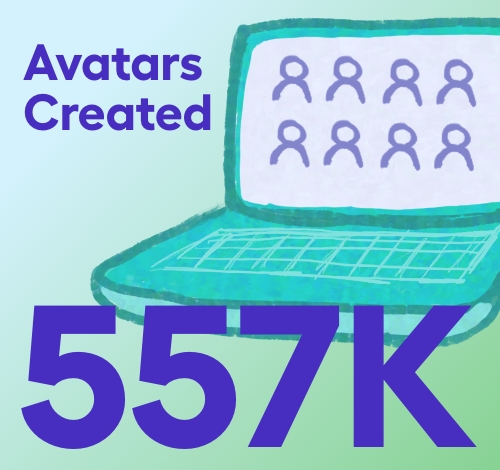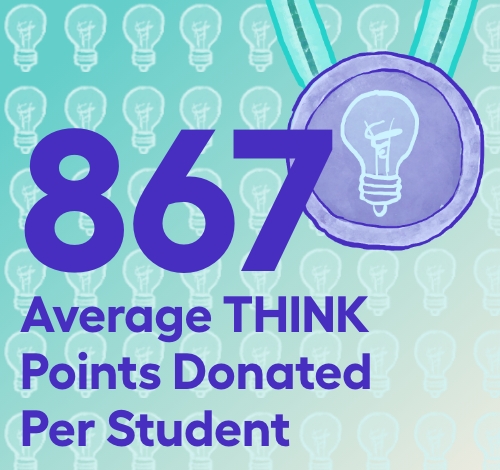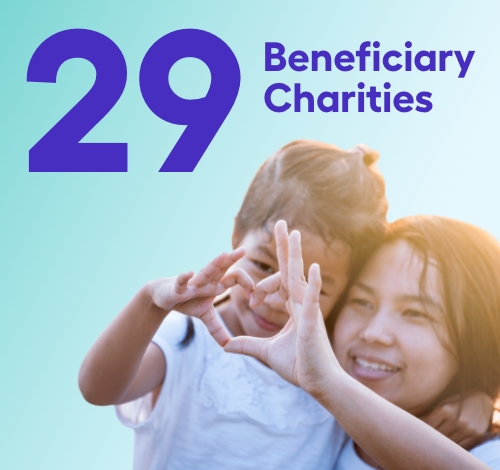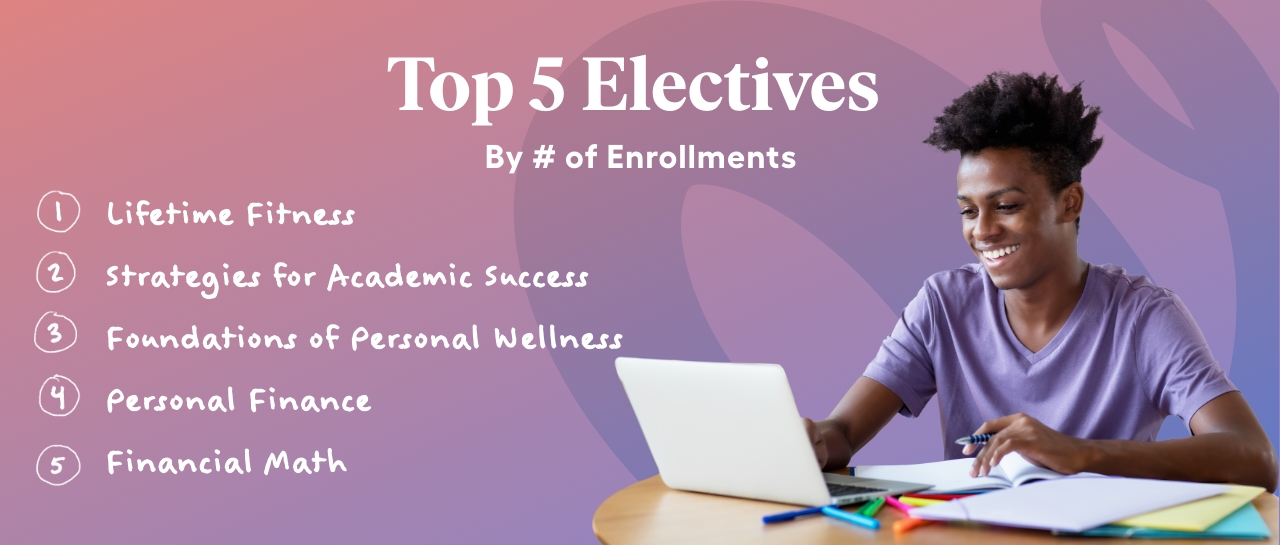August 8, 2022 8:00 am
Subscribing to Self-Care with Dr. Maria Hersey
Everyone’s talking about SEL for students, but what about SEL for teachers? Cultivate and protect your own well-being with these tips and downloadable self-care planner.
A recent Instagram post from @selfcarewithwall shared an important thought for everyone to consider, but most importantly, for all the educators that are struggling to navigate the complicated and constantly changing realities of life, the following statement should ring true: “You are not selfish for wanting the same energy and love you give.”
During a recent presentation to teachers, we discussed the importance of identifying self-care practices that could be implemented in our daily lives. Many of the teachers shared that while they understood the importance of social-emotional learning (SEL) and well-being for students, as teachers, they often forgot to take care of ourselves FIRST. Self-care is the active process of making your body and mind a pleasant place to inhabit, by making sure to fill your own cup first. This definition helps to ensure that we have enough for others but asks us to consider our own needs first. It is important to remember that our own self-care and well-being must be a priority. Remember, if we want to give it, we must learn how to live it! This means that if we want our students, or others, to engage in well-being practices and self-care, we need to be willing to take the first steps and set intentions for mindful living in our own lives.
“…if we want our students, or others, to engage in well-being practices and self-care, we need to be willing to take the first steps and set intentions for mindful living in our own lives.”
Cultivating teacher well-being
The simplest definition of mindfulness offered by Dr. John Kabot-Zinn, is being present and in the moment, without judgment. It is making space for reflection and connection. Mindfulness magazine recently published an article about nine practices to engage in which support and build well-being. The authors remind us that cultivating and protecting our well-being is a personal process that requires us to check-in with ourselves on a regular basis. Being open to whatever we may need to navigate stress, anxiety, and overload is an important part of the process. Engaging in the habit of self-care is essential to our daily lives and well-being.
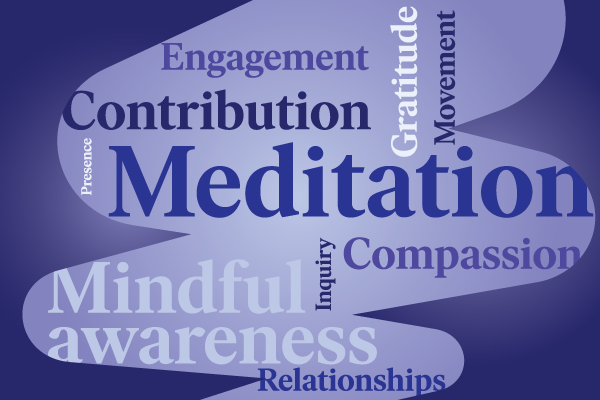
Cultivating and protecting our well-being is deeply personal. It requires us to check in with ourselves regularly and be open to whatever we may need to feel less stressed, more fulfilled, and at ease. In this guide to well-being, you will explore nine habits to integrate into your daily life that will serve as helpful tools in sustaining emotional wellness. In the article, 9 Mindful Habits for Well-Being – Mindful, the authors identify nine practices or habits that you can engage in on a daily basis to support our well-being. These practices or habits are:
- Meditation or mindful awareness
- Inquiry
- Engagement
- Presence
- Gratitude
- Compassion
- Movement
- Relationships
- Contribution
Of these nine practices, which are just the beginning of a myriad of possibilities, which one resonates with you most? Which one can you set an intention for today to support and enhance your own well-being? Remember, the first step is the most important. Identify one of the practices that you can easily incorporate into your daily routine. Commit to making this a priority for yourself and for others. You deserve it!
Setting intentions
Let’s dig deeper into one of the nine habits. In conversations with educators and other adults, I am often asked “How do I prioritize my well-being with an already busy schedule?” So many of us feel like we cannot add one more thing to our calendar of events, but it is important to remember that taking care of ourselves should be one of our daily priorities. One of the easiest ways to begin is with a small step each day. One practice could be committing just a few minutes to self-reflection and setting an intention for the day. Each morning when you wake up, set an intention for self-care. An intention is an act of instance of deciding mentally upon an action or result. An intention may also be an aim that guides us to action.
When we take a moment to set an intention, we can open our eyes to things we may have missed. For example, by observing some of the little wonders of the world such as the laughter of a child, we can shift our perspectives in an instant. Voicing our intentions can help to take our mind off our problems and perceived limitations and help to shift our focus on something that could positively impact our lives. This doesn’t mean that we ignore our problems or challenges, it just means that we are taking some time for a mindful intention, a chance to be present and in the moment, without judgement.
Some examples of self-care intentions are:
“I intend to go on a mindful walk today and enjoy the beauty of nature and the great outdoors.”
“I intend to begin the habit of taking fifteen minutes for myself, to find a quiet corner and read a book.”
“I intend to take time today to write down three things that I am grateful for, allowing joy and positive energy to fill my mind, heart, and body.”
Intentions often have no limits and are expansive, they are not goals, but are about who you want to be and what you wish to contribute to your own self-care. Intentions can also include contributions to the greater good. For example, most of us feel concern about global issues, but sometimes feel like it is an overwhelming task. Just remember the butterfly effect: a slight change can result in significant differences. When we set an intention to act, we can open our mind to ideas, opportunities and the internal rewards that come from helping others.
It is important to remember the importance of small steps and building on the successes of each step taken on the never-ending journey of self-care. Try to maintain your daily intention for the week. At the end of the week, take a few moments to reflect on how your moments of self-care made you feel. Do you have more time for yourself? Are you able to reduce or release the stress that accumulates during the week? Do you feel a little better about life and how you are managing everyday stressors? Take a deep breath in and a deep exhale out, reflect things that happened that you are grateful for in the past week. It does not have to be an exhaustive list, and you do not have to share it with others, just take some time for quiet reflection on how it feels to take care of yourself.
To build on this practice, begin each week with a new self-care intention, if you want, start a brand new one, or make a habit out of your previous intention and carry it forward. Take note of how you feel and at the end of the week, engage in your weekly gratitude practice. See if you can continue this for at least three weeks. At the end, what do you notice about how you feel about yourself? Have there been any shifts in your perspective? Are you finding more time to take care of yourself? Dr. Dan Siegel, a well-known author and clinical professor of psychology, states that one goal of regular mindful awareness practices is to turn “a state of being into a trait.” Mindfulness practices are “good hygiene” for our brain and setting and intention and practicing acts of gratitude are just two strategies for training our brains to be happier and healthier.
Finding peace
According to Dr. Jill Bolte Taylor, to experience peace does not mean that life is always blissful. It means that we can tap into a blissful or peaceful state of mind amidst the chaos of a hectic life. It is important to stop listening to those voices inside your head that tell you there is no time for self-care or that self-care is selfish. In our highly connected, technological, and fast-paced world, we have all learned that sometimes we just need to unplug, hit the restart button, and begin again. Sometimes this simple solution is all we need. Think of your brain as a part of your body’s central processing unit and take some time to shut down and restart each day. Your body and your brain will thank you.
For further information or questions, please follow me on Twitter @mshersey or visit us at http://www.globaleduadvisors.com/
Self-Care Planner
Hit “print” and grab a flair pen for these fillable, teacher well-being journal pages.

About the Author – Dr. Maria Hersey
Maria Hersey is currently the Director of Strategic Partnerships for World Savvy (www.worldsavvy.org) and has over 20 years of experience in K-16 education. She is the founder and principal advisor for Global Education Advisors (www.globaleduadvisors.com), and served as the Director of Education & Training for The Goldie Hawn Foundation, and regional program manager and development specialist for the International Baccalaureate (IB). Maria has also had the privilege of working in public education as an elementary school teacher, program coordinator, and assistant principal.
Maria’s work has received international recognition for her work in social-emotional learning (SEL), program design and evaluation, curriculum development, and global-mindedness. She has been an invited keynote speaker and has led a variety of workshops across five continents. Maria holds a Ph.D. in educational leadership from Florida Atlantic University. Her dissertation work focused on the development of global-mindedness and school leadership perspectives.
Maria’s work with children and educators is a fulfilling aspect of life that brings her great joy and happiness. She enjoys cooking, traveling the world, and spending time with family and friends. Follow Maria on Twitter @mshersey.
